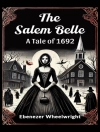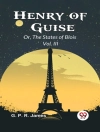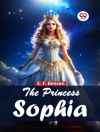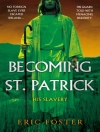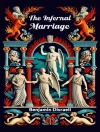In ‘Rigby’s Romance, ‘ Joseph Furphy deftly interweaves themes of love, social status, and the complexities of human relationships within the vibrant tapestry of early 20th-century Australian life. Through a rich narrative style characterized by vivid characterizations and a keen sense of place, Furphy explores the intricacies of rural existence, against the backdrop of societal expectations and personal desires. The novel’s dialogue is infused with regional vernacular, grounding its characters in a quintessential Australian ethos that is both poignant and relatable, serving as a nuanced commentary on the cultural dynamics of his time. Joseph Furphy, an influential figure in Australian literature, is perhaps best known for his novel ‘Such Is Life, ‘ but ‘Rigby’s Romance’ illuminates his interest in the social milieu of his homeland. Furphy’s own experiences as a farmer and his keen observation of rural life inform his narrative, as he delves into the hearts and minds of his characters, revealing profound truths about love and ambition. His unique background allows him to authentically portray the struggles and triumphs of those navigating the complexities of romantic relationships. This book is a must-read for anyone interested in the intersections of love and social commentary. Furphy’s engaging storytelling and authentic dialogue create an immersive experience, making ‘Rigby’s Romance’ a significant work for readers and scholars alike, capturing the essence of a formative period in Australian literature.
عن المؤلف
Joseph Furphy, an Australian writer renowned for his literary contributions, is best remembered for his seminal work ‘Such is Life’ which often overshadows his other notable writings, including ‘Rigby’s Romance.’ Born on September 26, 1843, in Yering, Victoria, Furphy is hailed as a significant figure in Australian literature, and his works are seen as precursors to the distinctively Australian narrative voice that emerged in the 20th century. Before gaining recognition as an author, Furphy worked variously as a farmer, a gold prospector, and an engineer, experiences that he deftly wove into the fabric of his literary creations. ‘Rigby’s Romance’ serves as a key text that offers an insight into his narrative style and thematic preoccupations. Published posthumously, the novel was originally part of ‘Such is Life’ but was excised from the manuscript before its publication in 1903. It was eventually released as a standalone book in 1921. Furphy’s writing is characterized by a unique blend of realism, humor, and an astute observation of the sociopolitical issues of his time. His literary voice resonates with a distinctly Australian idiom and keen ear for dialect, which has left an indelible mark on Australian fiction. Furphy passed away on September 13, 1912, but his legacy endures, as his evocative portrayal of Australian life continues to be studied and admired.


